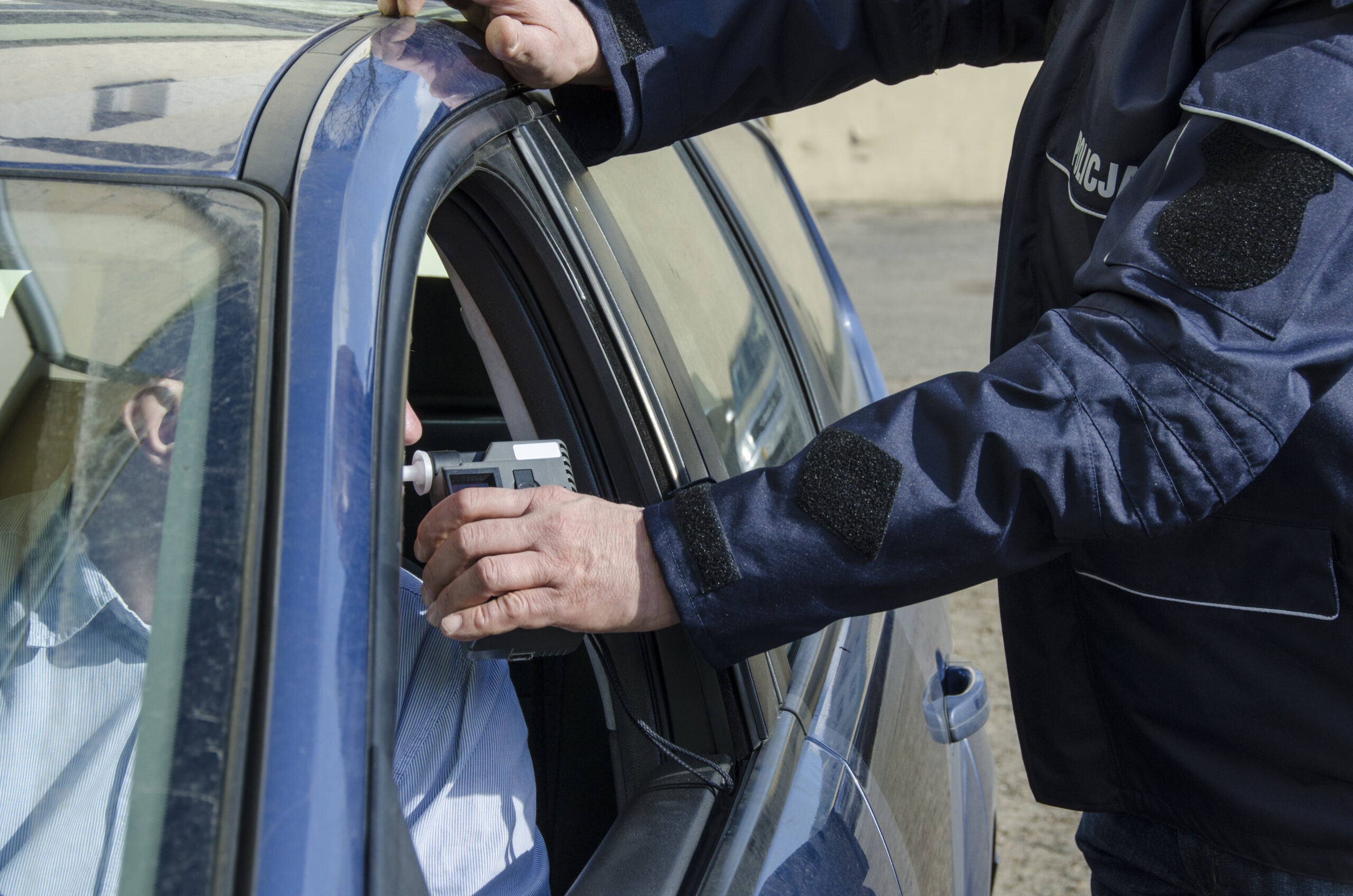Being arrested for driving under the influence (DUI) in Ontario can be a scary and overwhelming experience, but it’s crucial to remain calm and level-headed. In these moments, ensure you take the appropriate legal steps to protect your rights.
Breaking the law can be embarrassing, but don’t let shame influence your ability to control your emotions or restrict your ability to seek help. The actions you take now will impact your future.
Ten Vital Steps to Take
Understanding what to do immediately following a DUI arrest can significantly impact the outcome of your case. Of course, hindsight is 20/20, but it’s always best to have the knowledge you need before you need it.
If time has passed since your arrest, speaking to a legal expert to identify if you have unknowingly negatively affected your case during this time can be very beneficial. Factors you may not consider, like maintaining old habits, posting online about your arrest, or traveling, can harm your case. The wrong actions may even result in additional arrests and potentially harsher convictions.
1. Cooperate with Law Enforcement
Upon being pulled over and subsequently arrested for a DUI in Ontario, it’s essential to cooperate with law enforcement officers. Cooperation includes providing your identification and complying with their instructions regarding sobriety tests or breathalyzer tests. Refusing to cooperate can lead to additional charges and worsen your legal situation.
2. Understand Your Rights
Remember that you have certain rights that must be respected when interacting with law enforcement, even when you commit a crime and are arrested for a DUI. These rights include the right to remain silent and the right to legal representation.
You should be respectful and cooperate with officers’ requests that align with typical traffic stop practices, but you are not required to incriminate yourself by answering any questions law enforcement asks. Understanding and asserting those rights to protect yourself during the legal process is crucial to getting the best outcome possible.
3. Contact a Lawyer
One of the most critical steps to take after a DUI arrest in Ontario is to contact a qualified DUI lawyer immediately. A skilled lawyer with experience in DUI cases can provide invaluable guidance and representation throughout the legal proceedings. They can advise you on your rights, potential defenses, and the best plan of action. As noted previously, if you may have impacted your case negatively by your actions taken after your arrest, inform a qualified DUI lawyer immediately.
4. Understand the Consequences
Being convicted of DUI in Ontario can have serious consequences, including fines, license suspension, and even jail time, especially for repeat offenders or those involved in accidents resulting in injury or death. Understanding the potential consequences of a DUI conviction is essential for making informed decisions about your legal defense.
5. Attend Court Proceedings
After being charged with DUI in Ontario, you or your lawyer must attend court proceedings. It’s crucial to appear at all scheduled court dates and comply with any conditions set by the court, such as abstaining from alcohol or drug use. Failure to appear in court can result in additional charges and may negatively impact your case.
6. Explore Defence Strategies
A skilled DUI lawyer will work with you to explore potential defence strategies to challenge the charges against you. Defences may include questioning the legality of the traffic stop, challenging the accuracy of sobriety tests or breathalyzer results, or showing that your rights were violated during the arrest process. Your lawyer will help determine the most effective defence strategy based on the specifics of your unique case.
7. Consider Plea Bargaining
In some cases, it may be beneficial to negotiate a plea bargain with the prosecution to reduce the charges or penalties associated with a DUI charge. This could involve pleading guilty to a lesser offence in exchange for a more lenient sentence. Your lawyer can advise you on whether plea bargaining is a viable option in your case and help negotiate the terms of any plea agreement.
8. Prepare for License Suspension
If convicted of DUI in Ontario, you may face an automatic license suspension, especially for repeat offences or cases involving high blood alcohol concentrations. It’s essential to prepare for the possibility of license suspension by exploring alternative transportation options and understanding the process for reinstating your license once the suspension period ends.
9. Comply with Court Orders
It’s crucial to comply with any court orders or conditions set by the judge throughout the legal process. Orders may include attending mandatory counseling or rehabilitation programs, paying fines or restitution, or completing community service. Failure to comply with court orders can result in additional penalties and may prolong the resolution of your case.
10. Learn from the Experience
Facing a DUI arrest and legal proceedings can be a challenging and humbling experience. It’s essential to take the time to reflect on the situation and learn from it. Whether by seeking help for substance abuse issues, improving your decision-making skills, or simply being more responsible behind the wheel, use this experience as an opportunity for personal growth and positive change.
Find a Lawyer to Fight for You
Being arrested for DUI in Ontario is a serious matter that requires immediate action and careful navigation of the legal system. You can effectively protect your rights by following the steps outlined here, including cooperating with law enforcement, contacting a lawyer, understanding your rights, and exploring defence strategies.
Call AR Law today at 416-960-0781 for a free consultation. Our team can review your unique circumstances, create an action plan, and work towards a favorable outcome in your case. Remember, a DUI arrest does not define you, but how you respond to it can significantly impact your future.
 647-503-5251
647-503-5251






